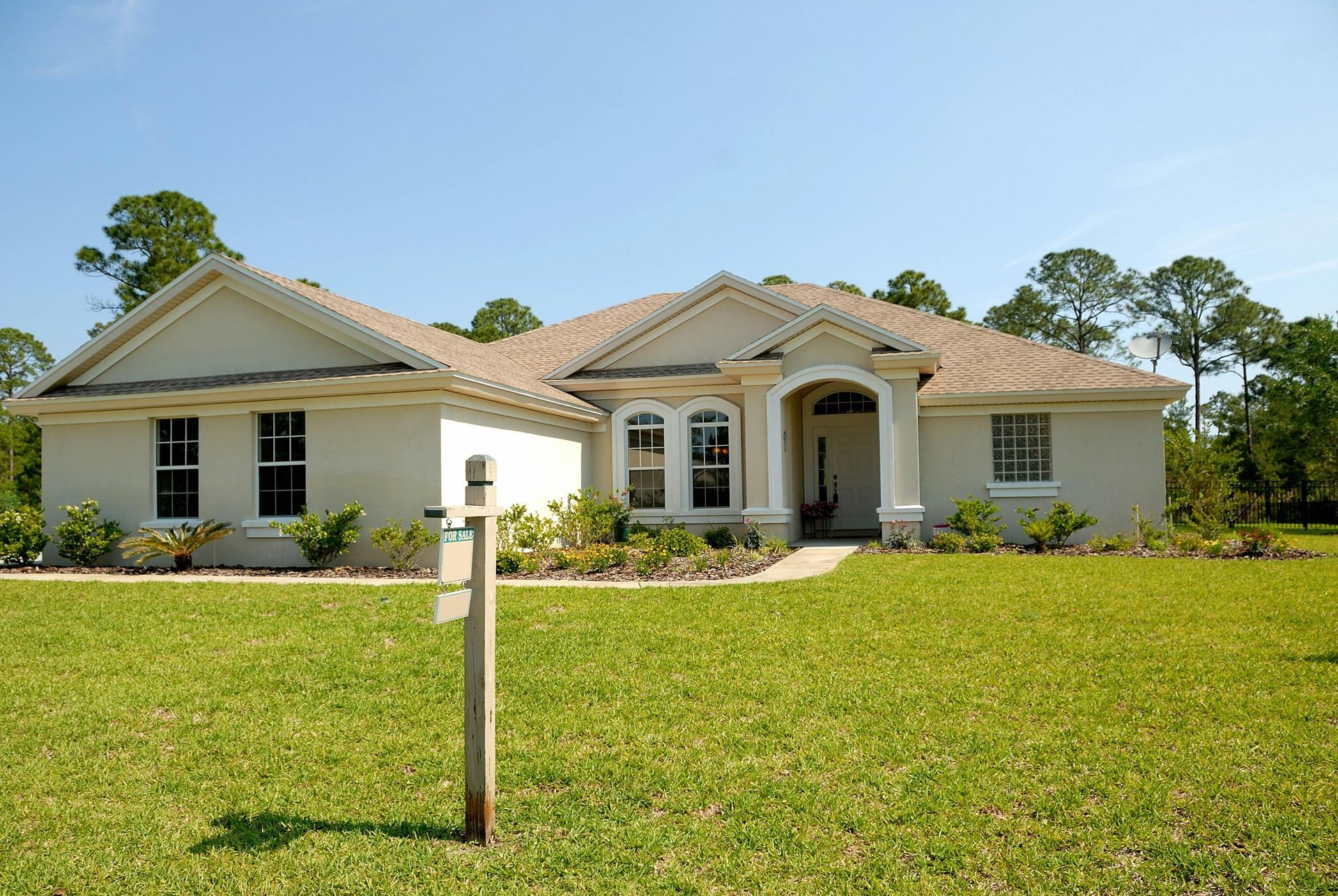Your Lawncare Insurance
Call Now! 402-850-2402
Commercial Property Insurance
Commercial property insurance serves to safeguard any commercial asset. It provides protection against threats such as fire, theft, and natural disasters. A diverse array of businesses—including manufacturers, retailers, service-based companies, and nonprofit organizations—utilizes commercial property insurance. Typically, it is combined with other types of coverage, such as commercial general liability insurance.
What is Commercial Property Insurance?
Commercial property insurance represents a significant expense for businesses that rely on equipment valued in the millions or even billions of dollars, such as railroads and large-scale manufacturers. This specialized type of insurance provides coverage that is similar to the property insurance individual consumers purchase for their homes, protecting against a range of risks. However, companies typically enjoy the advantage of being able to deduct the cost of their commercial property insurance premiums as legitimate business expenses, which can alleviate some of the financial burden. It's also important to understand that this type of insurance generally excludes losses incurred from tenants who utilize the property, which can impact overall financial planning and risk management for landlords.
When assessing the appropriate amount a company should allocate for commercial property insurance, the primary consideration must be the value of the business's physical assets, including the building itself and any machinery or equipment housed within. To make informed decisions, it is essential for a company to conduct a thorough and comprehensive inventory of all its physical assets located on the premises. This assessment is crucial for accurately estimating the overall replacement value of the property and determining the appropriate level of coverage needed to safeguard against potential losses.
Moreover, with the rise in natural disasters and the increasing unpredictability of weather patterns, the prevailing weather conditions in the area where the building is situated have become increasingly vital in calculating the cost of commercial property insurance. Generally, commercial insurance rates are elevated for properties located in regions that are at a heightened risk for weather-related disasters. For instance, properties that are near areas particularly susceptible to wildfires in California tend to face significantly higher insurance rates, which can substantially impact a company's overall operating costs. Companies must be mindful of these factors when selecting coverage to ensure they are adequately protected while also managing their finances prudently.


Factors that are considered in Commercial Property Insurance:
Location: Buildings situated in urban areas with robust fire protection typically enjoy lower insurance premiums compared to those located outside cities or in regions with limited fire safety measures.
Construction: Structures constructed from easily combustible materials are likely to incur higher insurance costs, whereas those built with fire-resistant materials may qualify for discounts. Any additions made to an existing property could influence its fire rating, so consulting an agent or insurance provider before undertaking renovations is advisable. Additionally, internal structural components can impact fire ratings; incorporating wooden partitions, floors, and stairways into an otherwise fire-resistant building may negate any potential rate reductions. On the other hand, fire-resistant interior walls, floors, and doors can significantly contribute to maintaining a favorable fire rating.
Occupancy: The usage of a building also plays a role in determining its fire rating. An office building generally holds a better rating than a restaurant or an auto repair shop. When a multi-tenant building houses one hazardous occupant, it can adversely affect the fire rating of the entire structure. Consequently, if a business operates in a building with a more dangerous tenant, insurance premiums are likely to rise.
Fire and theft protection: What is the proximity of the nearest fire hydrant and fire station? Does the business have a fire alarm and sprinkler system in place? Additionally, is there a security system present?
Contact us any time
Contact Us
We will get back to you as soon as possible
Please try again later